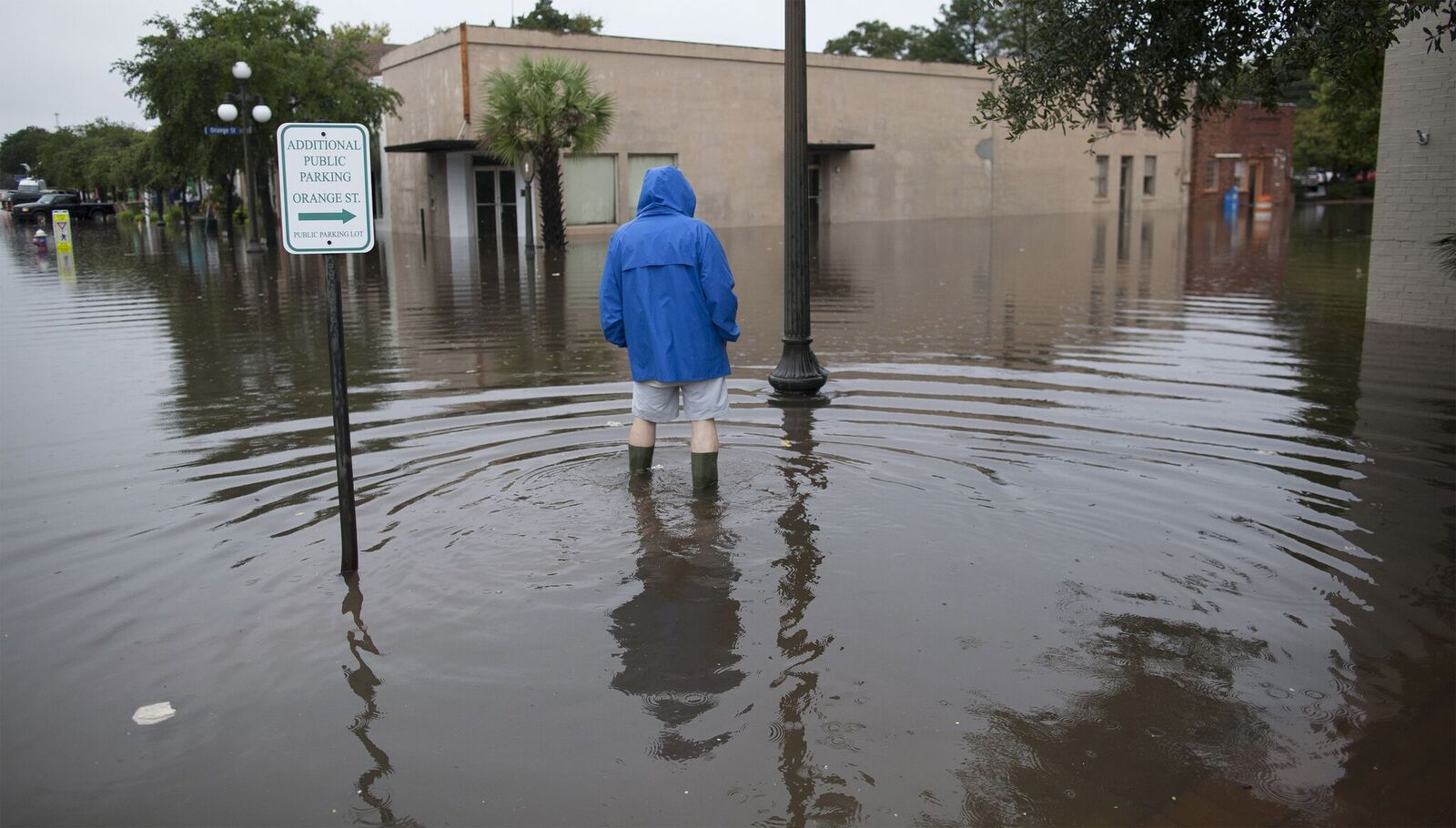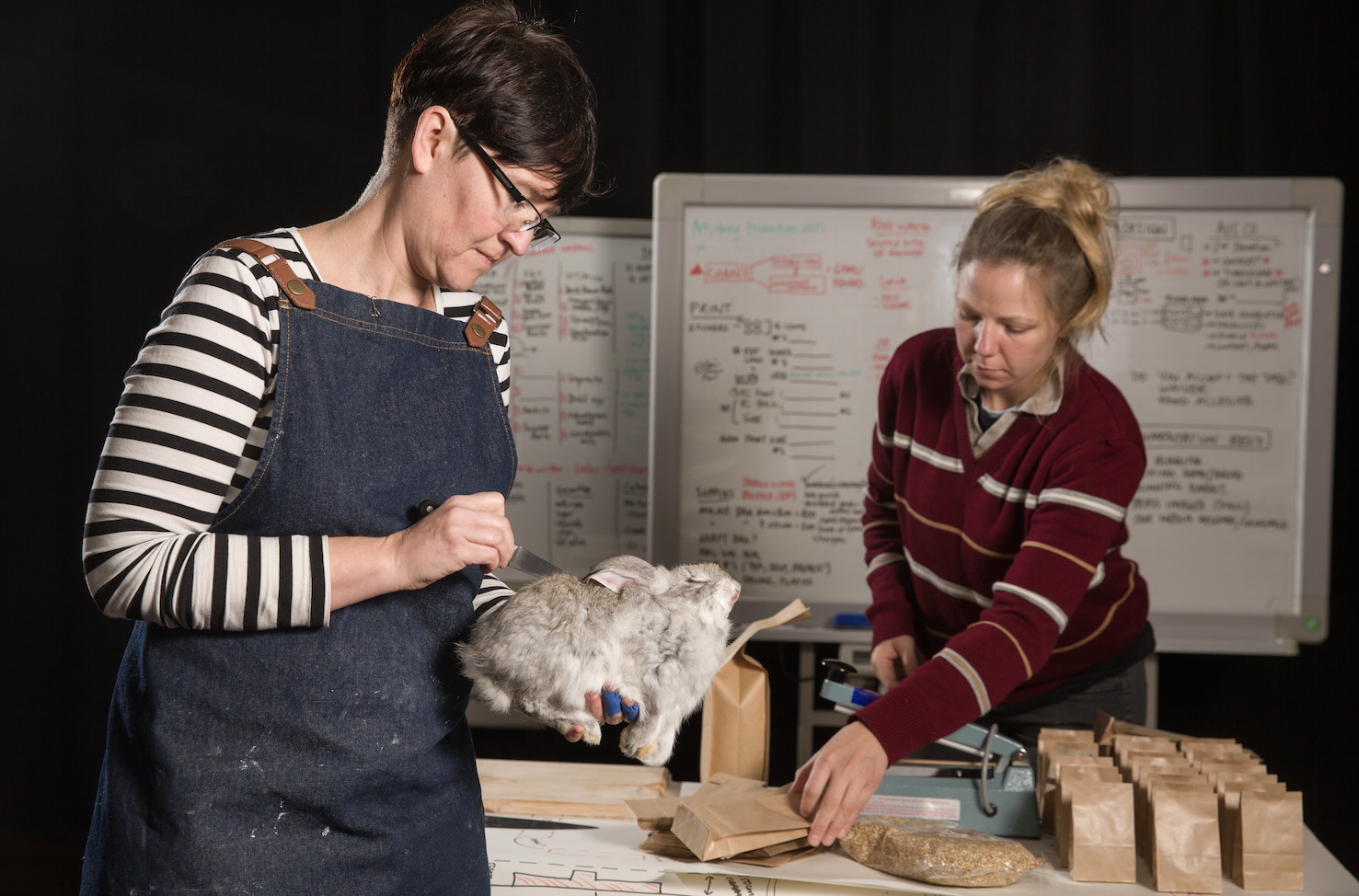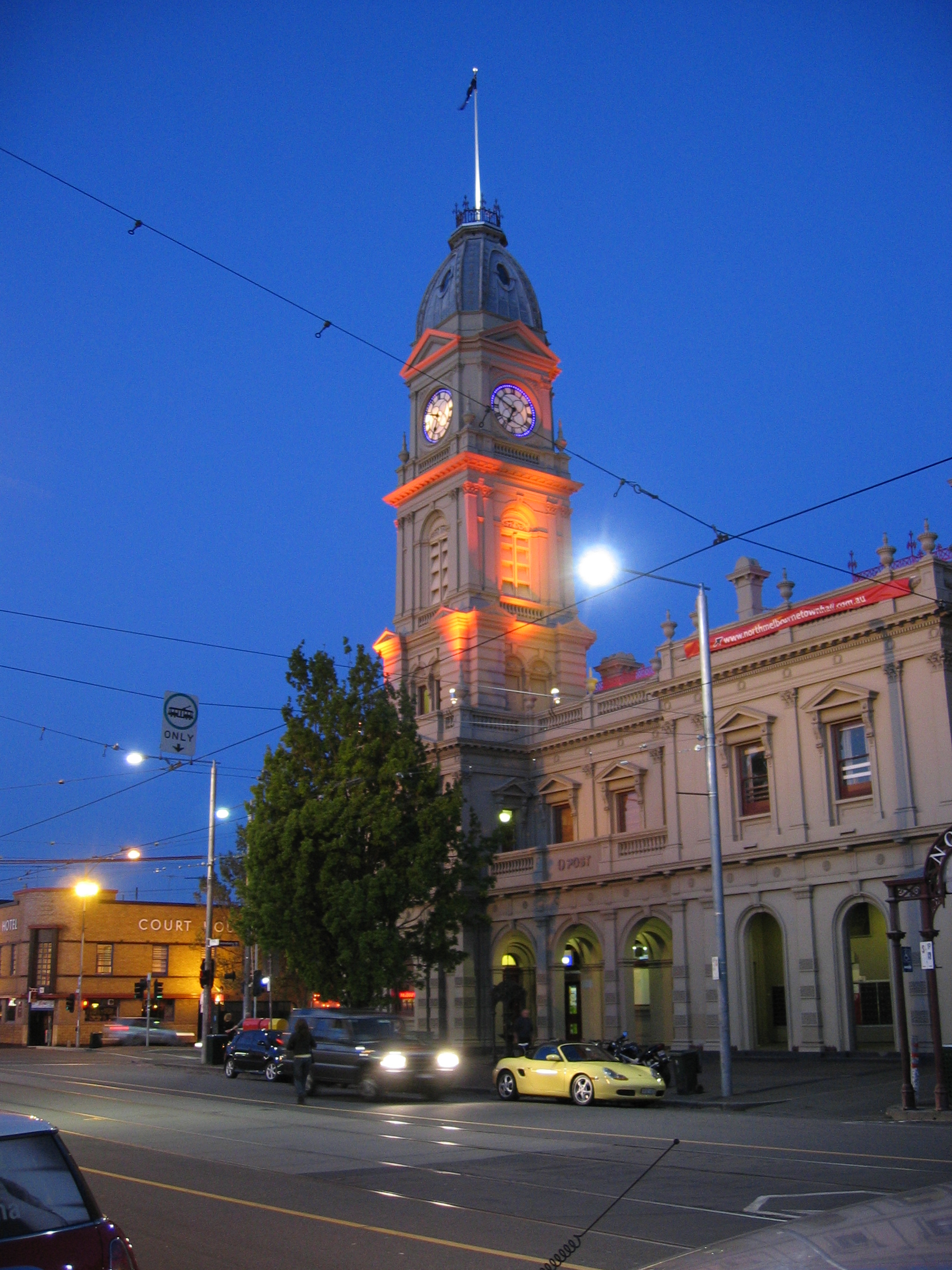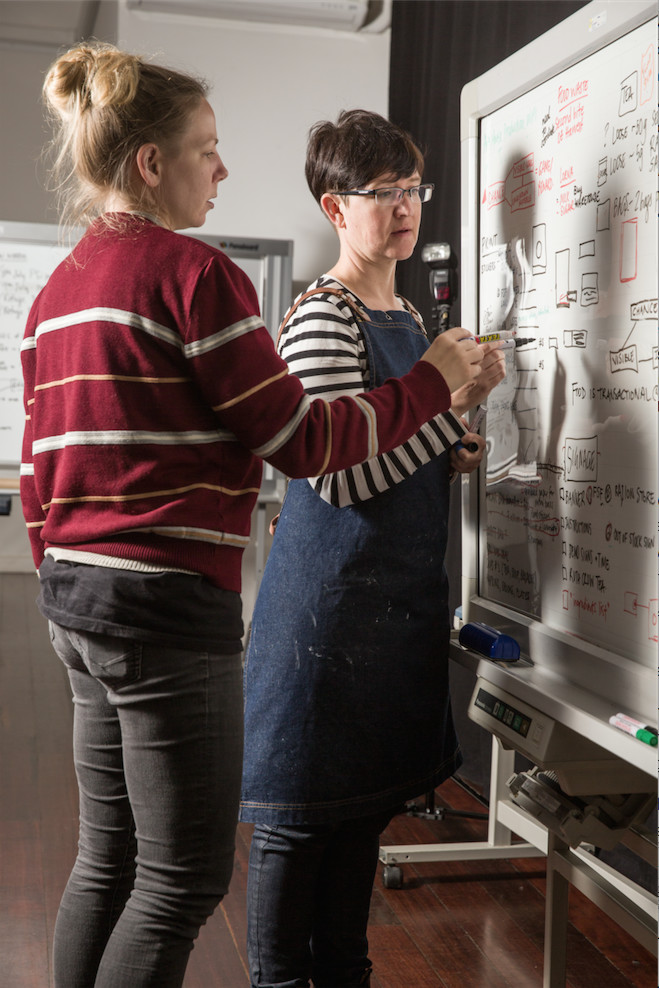Disaster relief, a dish best served bold

North Melbourne Town Hall is about to be converted into a Relief Centre as an appetiser for what’s to come with climate change
Published 7 July 2016
Food. It keeps us alive, in touch with ourselves, the world around us. It is, says Jen Rae, an artist and lecturer at the University of Melbourne’s Victorian College of the Arts, a “transactional participatory experience”.
Rae and Dawn Weleski, an artist and research fellow at the University, are in the final, tired-eyed run-in to their collaborative project Fair Share Fare for Refuge, a 24-hour disaster scenario simulation at Arts House, North Melbourne.
Until then, post-midnight finishes are the norm. Whiteboards with complicated-looking logistics vie for attention; the smell coming from the kitchen, I’m told, is rabbit stew, part of the rationing system Rae and Weleski have organised for the event.

They’ve been looking backwards to World War 2 rationing, gathering information for the weekend’s austerity cooking demonstrations, looking forwards to future disaster scenarios of the sort climate change is likely to effect.
“Some of the items we’re serving in our rations are quite unusual,” says Rae. “We’ll have crickets in one package, but done as a trail mix , which people might be more willing to try.”
The rabbit dish, to me at least, sounds more appetising than the rat stew the pair had envisaged. They could source the rodents easily enough, but only for feeding to reptiles, with no guarantee of their suitability for human consumption. Still, in the right circumstances ...
“You might be vegetarian right now but events might impact your life and you’ll have to kill something as a food source,” says Rae. “Just having a bit of knowledge about that can make all the difference between being able to eat something and contaminating it.”
refuge
Refuge is part of Performing Climates, a public arts program curated by Arts House in partnership with the University of Melbourne for the 2016 Performance Studies International (PSi) Conference.
Fifty people will spend the night at Arts House at close, uncertain quarters, while many more will pass through the building during the weekend. The event will feature representatives from Emergency Services Victoria, and builds on consultation with the Salvation Army and the Red Cross, who will deliver disaster-preparedness workshops for participants.
We’re presenting it as a game. There will be random choices, and the way in which we distribute those choices will become part of the work.
Six artists in total will present reponses to issues such as health and wellbeing, communication, and sleep. While Rae and Weleski have oversight of food distribution and regulation they’re quick to point out they’re not in charge, that the participants will have at least an equal stake in the outcome.
“They’ll get a task card that says, ‘Go find a protein ration, or carbohydrates, or what have you, and here’s five dollars’,” says Rae. “They’ll be going round North Melbourne, seeing what they can find for that amount of money. Upon the completion of the task, a reward ration will be issued.”
“We’re presenting it as a game,” says Weleski. “There will be random choices, and the way in which we distribute those choices will become part of the work.”
Making a meal of it

Weleski, an American artist, is one of the co-founders of Conflict Kitchen, a restaurant that serves cuisine from countries with which the United States is in conflict.
And yet, neither that project or this one is about food. “I think it’s about the relationships that exist when you’re sitting across the table from another person,” she says.
“I find it problematic to group my practice around particular topics, because I work contextually.
“When I was invited here I had to do my best to put food into the background and really look at who the people are in North Melbourne and what Arts House is, because that’s the context in which Refuge is being presented.”
For Jen Rae, food isn’t the main course either. “I’m mostly interested in climate change and climate change communication,” she says. “I’ve been in a dark hole at times thinking about how big the problems are.
“Some 32 per cent of the world’s greenhouse gasses come from food, food production, distribution and processing.
“If we can facilitate discussions about our food systems, then I think there’s a definite possibility in engaging people at a more personalised level about climate change.”
relief
Employing Arts House’s base in North Melbourne Town Hall as a makeshift relief centre isn’t far-fetched. When preparing the project, Angharad Wynne-Jones, Artistic Director at Arts House, discovered the building was, in fact, one of the city’s designated Relief Centres. Having artists, who she refers to as “brilliant disruptors”, as part of the mix in dealing with climate-related issues is worthwhile.
“In some senses art is a giant rehearsal,” she says. “It’s a place where we can play and work out some of our issues and problems and the ways we connect with each other, the ways we don’t, our internal anxieties. I feel culturally we’re at the point where denial of climate change is shifting quite radically into the reality of having to deal with its effects.”

The imagined scenario behind Refuge, that North Melbourne has flooded, is also within the realms of possibility.
“Obviously Melbourne is built on a number of river systems, and that’s combined with ageing infrastructure that’s not sufficient for the kind of rainfall we are anticipating,” Wynne-Jones says. “So, yes, it’s a very likely event at some point in the next ten to 15 years. I think there will be some discomfort this weekend but also that people will walk out with a plan, knowing what they might do in a related event.”
The full extent of what people who come through the doors can expect remains a closely-guarded secret. There may be sleeping bags on hand for those taking shelter, there may be a black market with its own risks and rewards. And then again, there may not. Both Rae and Weleski emphasise that the participants will make or break the event.
“This is about shifting people from being consumers of the work to producers of the work,” says Weleski. “The one rule we’ve set up is that it must be participatory, so in that way it will be a responsive work, a responsible work, that’s generating data in lots of ways.”
It’s unlikely to be boring, adds Rae.
“When it comes to the the environmental art space, if it’s not fun I can’t do it,” she says. “We both believe humour is a great way to engage people in difficult topics.”
It’s time to leave them to their preparation. But, before I do, I wonder out loud if they’re anticipating a weekend of busyness or of having fun. Both look back at me incredulously. Weleski, eventually, answers. “Surely they’re one and the same thing.”
Banner image: Reuters
Refuge: Your Relief Centre is at Arts House, North Melbourne Town Hall, on the weekend of July 9. See details.

